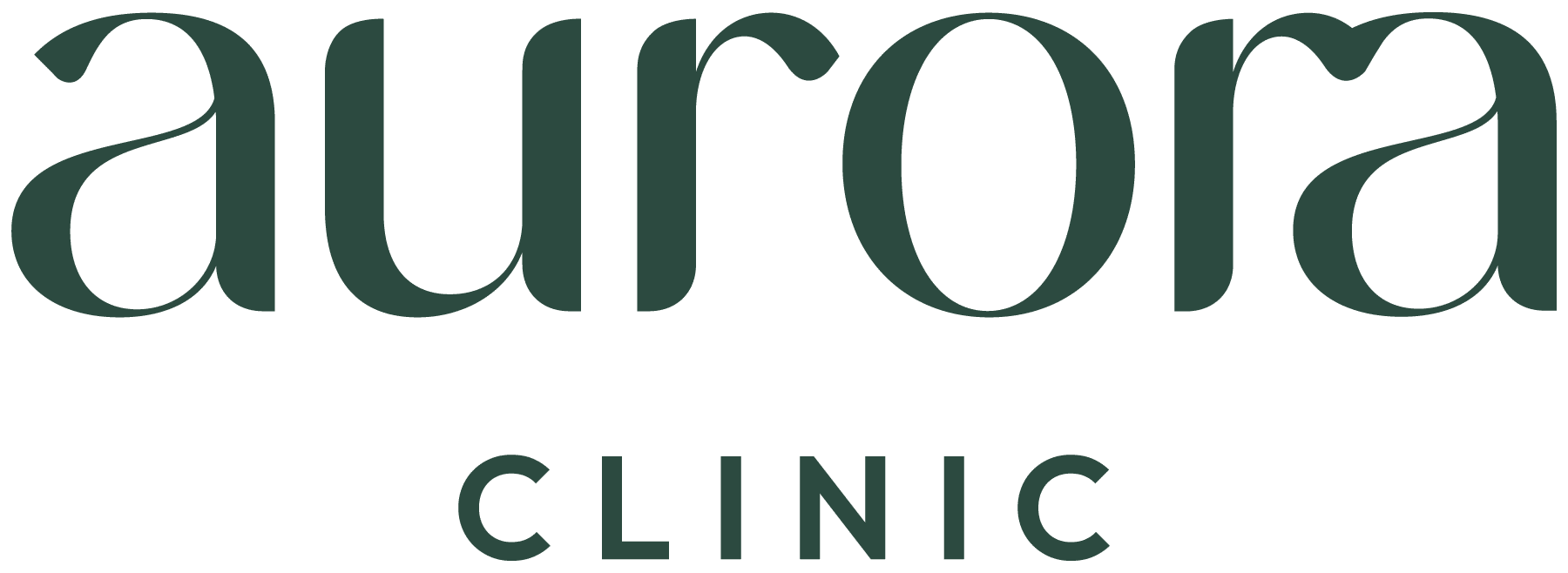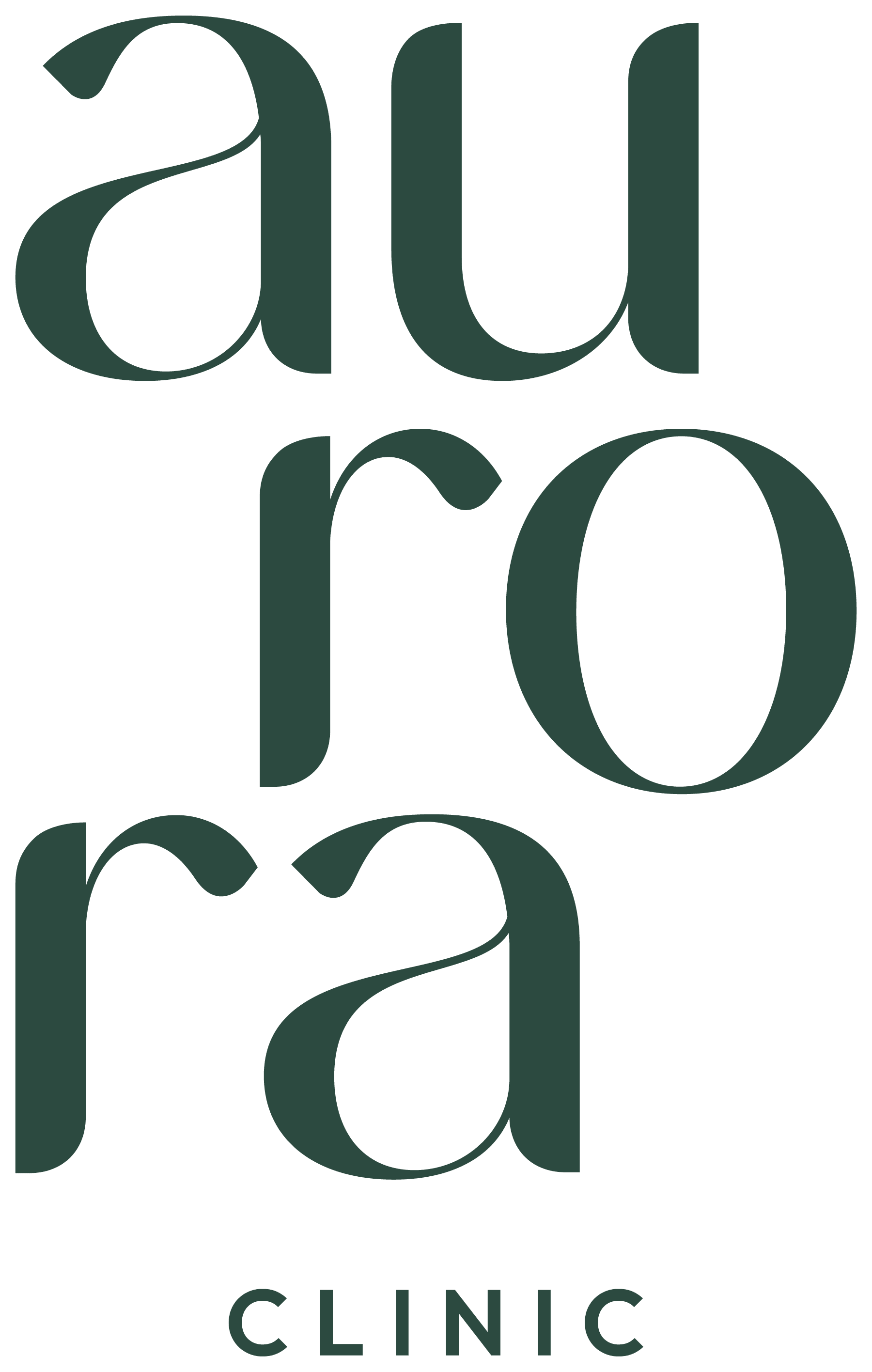
Pediatric Plastic Surgery
Aesthetic improvement of a child’s appearance
Pediatric Reconstructive Surgery
Pediatric plastic surgery is a surgical subspecialty focused on the reconstructive and aesthetic improvement of a child’s appearance
The goal is to restore functionality and improve quality of life in children with anomalies, whether they be congenital or acquired from an illness or traumatic event. Reconstructive surgery is utilized to correct an anatomical difference in order to optimize functionality. Aesthetic surgery is performed for restoration of the form and appearance. In most cases, a combination of these two types of surgery is used to treat the pediatric population.
Cleft Lip and Palate
Cleft lip and palate or cleft lip is a frequent congenital morphological defect. It can affect both facial appearance , growth and function, mainly speech. Newborn baby with a cleft needs a long-term care plan that outlines the treatments and assessments they’ll need as they grow up. In Aurora Clinic we have world class specialists on cleft care and consultations are available both for babies, school-age children and adults.
Primary Cleft Operations
Primary cleft surgery is an operation to correct a cleft lip and nose. It is usually performed when your baby is 4 to 6 months old. Correction of the nose is an essential part of primary surgery in order to achieve optimal esthetic result from the very beginning.
The palatal cleft (cleft inside the mouth) is usually closed at 12 months of age. In order to achieve good speech function, repair of the muscle layer in the cleft palate is performed using an operation microsope.
Cleft in the dental arch is corrected typically at 9-11 years of age.
Other Treatments
When necessary, esthetical and functional corrections of the lip, nose and facial proportions are corrected during the teenage years, or at any time later in the adulthood.
Monitoring hearing – a baby born with cleft palate has a higher chance of glue ear, which may affect hearing.
Speech and language therapy – a speech and language therapist will monitor your child’s speech and language development throughout their childhood and help with any problems in this field. Speech improving surgery may be needed to correct more prominent cleft speech characteristics in selected children and sometimes also in older patients.
